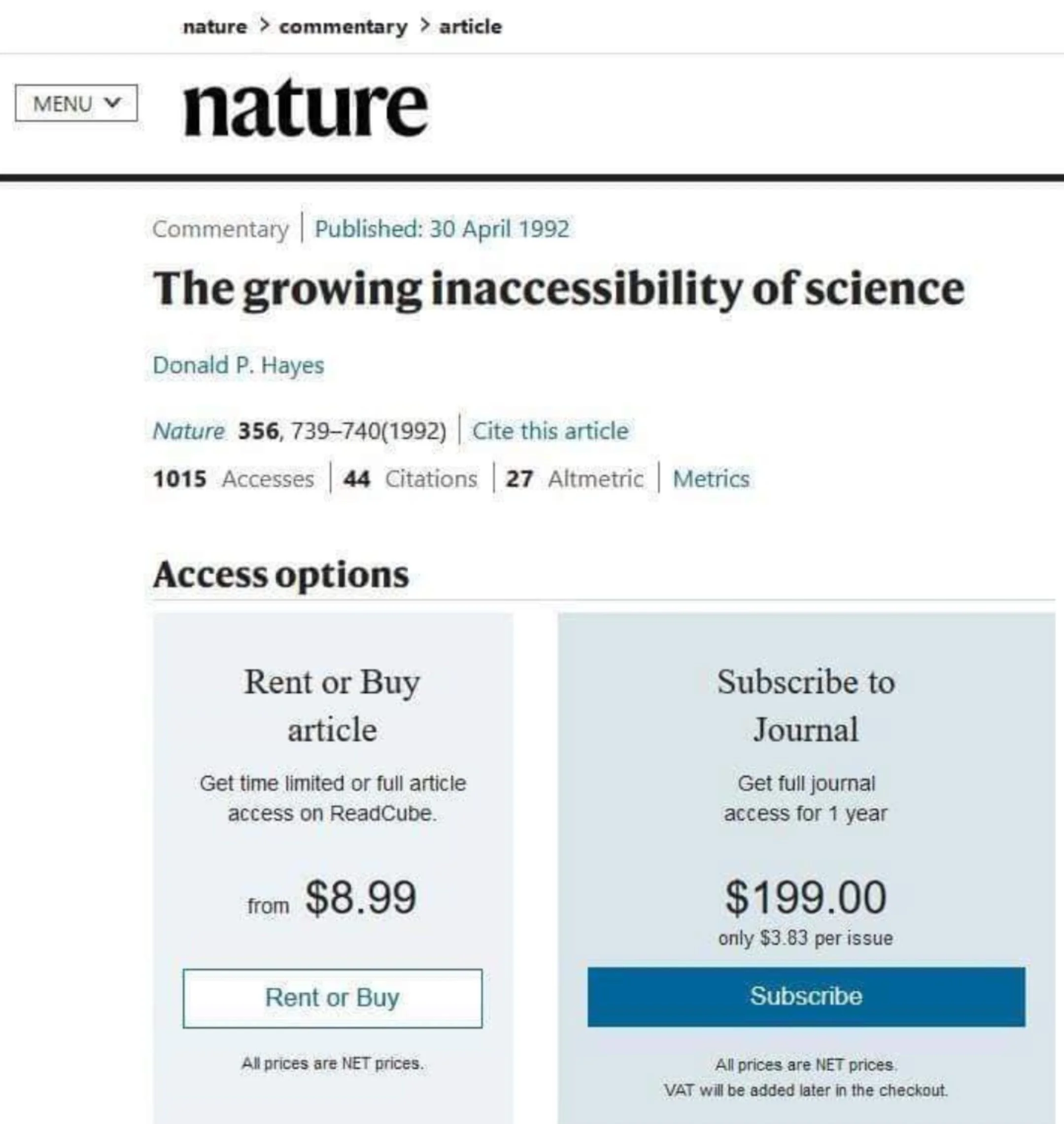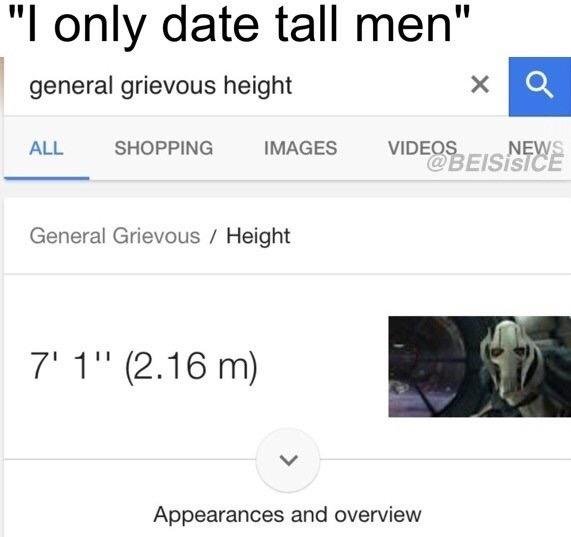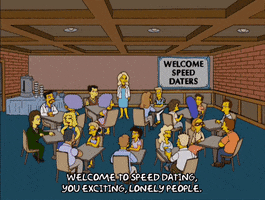Moments in Time -- a Rant
I write dates in YYYY-MM-DD all the time. I’ve read Japanese people also do this, yet nobody else does. If there is no other takeaway from this rant than, “I should write in YYYY-MM-DD format,” I will have helped the world resolve one unneccessary language difficulty in representing moments in time.
In the US, dates are written MM-DD-YYYY. 01/02/2023 means January 02. You sense the problem already. Abroad, it means February 01, 2023. The 13-31 range is easier. People can guess 01/14/2023 or 14/01/2023 means January 14, not “February 01… 2024?”
Nobody in their right mind reads ‘123’ and says, “twenty-three and one hundred,” or, “three and twenty and one hundred.” [INB4: French number naming is nonsense. I know. I can’t fix that.] They read it from biggest to smallest. You should always give out details from biggest to smallest. This is obvious. “We’re going out to eat. And your grandparents are dead,” would be weird. It’s only with dates where we prefer weird. I can argue that the American writing style —medium info, small info, big info—is better. However, both writing styles are weird compared to “two THOUSAND and twenty three…” symbolizing year, month, day.
Describing moments in time is always frustrating. Since a young age, I, like many, knew what made sense. But society said, “no, we’re doing it the weird way.” And so, 'next Monday’ typically means ‘this Monday.’ If you wanted to say “next Monday” as I mean it, you’d have to say “the following Monday,” pretending not to care that “next” means “the following.” We are burdened by societies’ inability to differentiate “this” and “next.” But if you really want to prevent confusion, just say “the following Monday, the ninth.” In this case, proximity and day of week are relevant, and we forget the number.
And we accept saying, “the following Monday, the ninth,” because we know we can’t change society. The status quo is not easier than the right way, but we can’t change people who don’t want to be changed. You may involuntarily make a preference to say things the weird way, because it’s more popular thus normal.
I want to argue for my preferences. I prefer “bi-{period}” always meaning “twice within {period},” since “fort{period}” already means “every second {period}.” But if I say “fortnight”, the popular imagery is a game we all heard about for years, then stopped hearing about. You can’t possibly understand until there is an explanation given. So “biweekly” can mean two things— and you’re weird if you think that’s weird.
I have non-time preferences too. For instance, metric instead of imperial system for measuring length and weight. Fahrenheit instead of Celcius, for temperature. Windows OS instead of Mac OS, for operating system… but iPads and Macbook Pros instead of Microsoft, Dell and Lenovo for hardware. In these preferences, confusion emerges despire lack of ambiguity. Confusion emerges out of stupidity. If I say my height is 168, you should know I mean cm, and that I’m a short king. You should not try to divide 168 by twelve and guess I’m 14 ft tall. I just have a metric-height preference…. maybe, because it makes me sound bigger.
And truly, I’m not trying to govern speech. I’m just saying, we can at least try to make things less confusing. It’s why I use cardinal directions, even if it’s met with “What’s West?” Granted, I might need to forever say, “we’re meeting the following Monday, Jan 09, at 6:00 PM… With no milliseconds.” I standardize my writing with “2022-01-09,” to appreciate that American or non-American, nerd or not nerd, you know what I mean.






